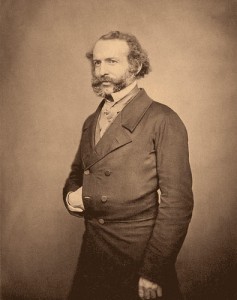
I’m halfway through Kenneth McGoogan’s excellent biography of John Rae, “Fatal Passage: The Story of John Rae, the Arctic Hero Time Forgot.” I love a good story about a forgotten scientific explorer, and McGoogan’s energetic and dramatic book has so far made a strong case for remembering Rae as a polar pioneer—not as the guy who called the men of the Franklin Expedition cannibals.
The reason “time forgot” Rae is due to his honesty. By 1854, the British Admiralty had sent a dozen search missions to the Canadian Arctic in search of the missing Franklin Expedition, which had disappeared from the face of the earth in 1845. The ship-based search parties were hampered by frozen seas and ice-clogged straits; even most sledging parties could not explore far from the ship due to their heavy loads of food and camping gear.
Rae, on the other hand, had mastered the art and science of living off the land, as chilly, treeless and inhospitable as it was. A crack shot, indefatigable snowshoer, master mariner on unpredictable northern rivers, and an open-minded leader, Rae learned these skills from the native Cree, Ojibwa and Inuit bands.
Unlike the British naval men, Rae, as a white man, didn’t assume he was superior to the natives of the tundra. That attitude was likely the difference between his many successful Arctic expeditions for the HBC, and the often grim experiences of the Admiralty’s voyages of discovery.
While Rae hiked 6,555 miles on snowshoes, hunting fresh game along the way, the naval men suffered the agonies of poor nutrition and scurvy. Even expeditions under Edward Parry and James Clark Ross, two Arctic experts, were touched by scurvy to some degree.
Despite his impeccable knowledge of the north, Rae misjudged one thing: the Victorian appetite for the realities of the Arctic. After he spoke with Inuit families who had seen the final stages of the Franklin Expedition, Rae dutifully informed the Admiralty that Franklin’s men had eaten their dead comrades.
Forensic evidence later confirmed Rae’s report, but at the time, no one—especially not Lady Jane Franklin—could accept the truth. Rae was shunned. He spent the rest of his life trying to repair his reputation. McGoogan restores this unfairly maligned Arctic adventurer’s record of achievements.